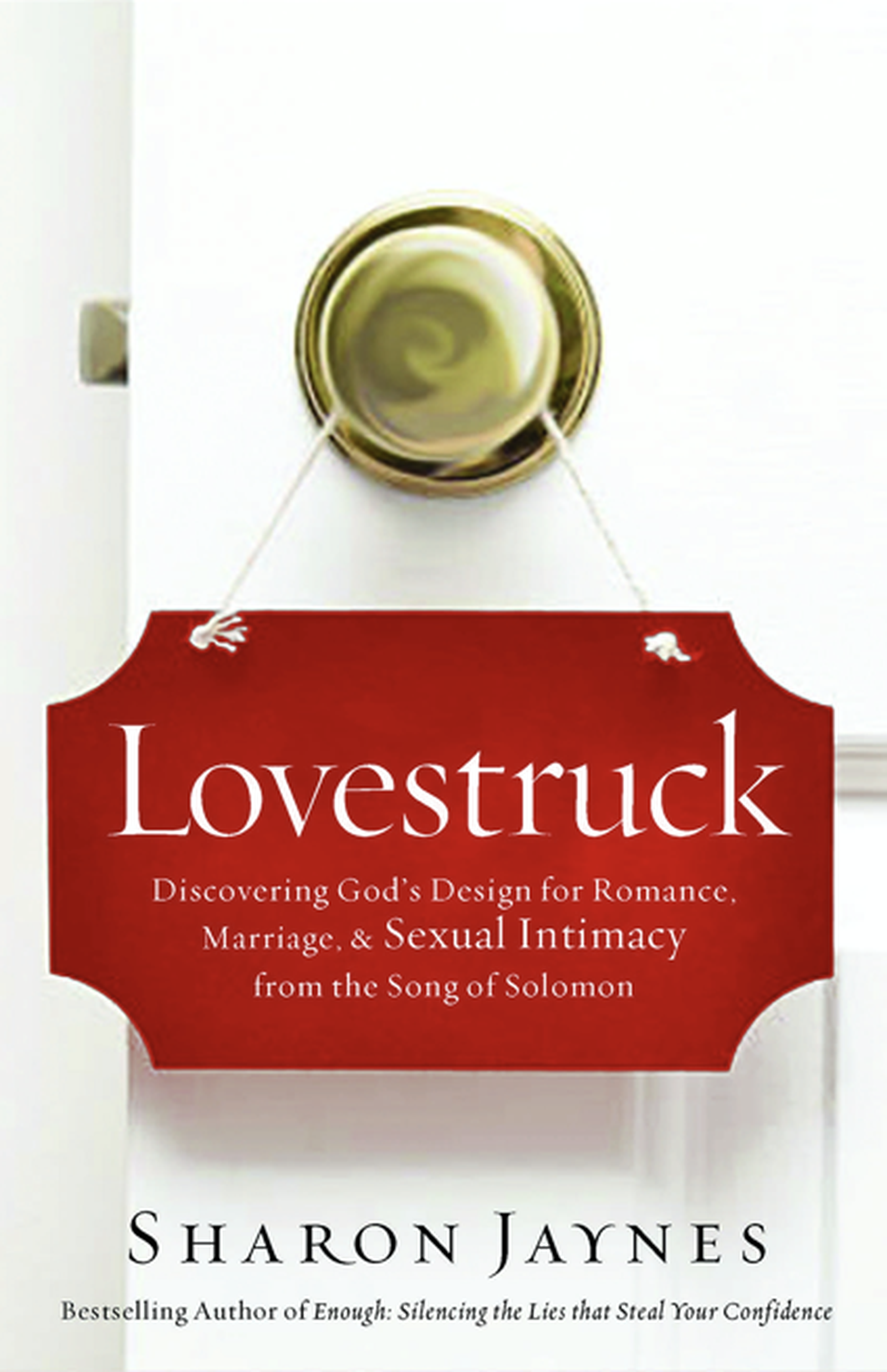
September 9, 2020
Healing Your Heart When It’s Been Rubbed Raw
Sharon Jaynes
Today’s Truth
“Lord, how often should I forgive someone who sins against me? Seven times?”
Jesus answered, “No, not seven times, but seventy times seven” (Matthew18:21–22 nlt).
Friend to Friend
One day I received an e-mail from a woman who was still bitter over a statement her husband made to her cousin ten years ago. She and her husband were preparing to celebrate their fiftieth wedding anniversary, and she was dreading it because of his careless words a decade before. She wrote, “Please pray that God mends this title [sic] piece of my heart that has fallen to the ground.”
The word title was a typo—she meant to type little. To me, it was telling. Friend, we can allow someone’s little shortcomings to become the title of our story, or we can forgive and write a new storyline. Not only does forgiveness change the title of your story, it changes the ending as well. So, how exactly can we consciously pursue forgiveness?
It’s often the sandpaper of chafing personalities, unmet expectations, and hurt feelings that rub us the wrong way and leave us feeling rather raw. Being able to forgive past offenses and let go of past hurts is an essential component for growing a strong marriage or maintaining lasting friendships that last a lifetime.
On the other hand, unforgiveness blocks intimacy on an emotional and physical level.
Forgiveness in the original Greek is aphiemi and means “to let go from one’s power, possession, to let go free, let escape.” Biblical forgiveness means cutting someone loose. This word picture is one in which the unforgiven is roped to the back of the unforgiving. When we refuse to forgive, we bind ourselves to what we hate. When we forgive, we cut the person loose from our backs and set ourselves free as well.
Forgiveness can also be seen in terms of canceling a debt. In the Old Testament, when someone paid a debt, a notice of the debt paid in full was nailed to the lender’s door. That is what Jesus did when he was nailed to the cross—our debt was paid in full and nailed to heaven’s door. When you forgive your husband, friend, co-worker, or family member, you cancel a debt, which they never could’ve paid back anyway.
The first step to forgiveness is prayer. The Bible tells us to pray for our enemies (Matthew 5:44). I hope your husband is never your enemy, but there may be days you feel like he is. So let’s follow God’s instruction and start by praying for him. It may not turn your husband’s hardened heart to putty in your hands, but it will melt the hardness of resentment in your own. I’ve seen this happen time and time again in my own heart. No matter who you’re mad at, it’s difficult to stay mad when you’re praying for the person.
How many times are we to forgive? Peter asked Jesus that same question. “Lord, how often should I forgive someone who sins against me? Seven times?”
Jesus answered, “No, not seven times, but seventy times seven” (Matthew 18:21–22 nlt).
This doesn’t mean on the 491st offense we can choose not to forgive. Jesus was saying that there was no limit.
But what about those big offenses in marriage and other relationships? You know the ones I’m talking about. Pornography, alcoholism, drug abuse, betrayal and a host of other addictions must be addressed and dealt with for any marriage to survive and thrive. No one is doing his or her spouse or friend any favors by allowing such destructive behavior to continue. To ignore such issues is enabling sin to continue and poisoning the relationship with the arsenic of apathy or fear.
God’s call for us to forgive does not mean that a woman should stay with a man who is abusive or sexually unfaithful. Separation is sometimes the best course of action. The wife needs to make sure that she is safe. A wife can separate from her husband, pray for her marriage, and continue to trust God to bring healing and restoration.
So, yes, there are bigger issues that we do need to address as they come up, sometimes seeking professional help, but this does not mean forgiveness is on hold. There is a difference between forgiveness and trust. This is where the idea of reconciliation gets a bit muddy. Forgiveness can be immediate. Trust is rebuilt through right behavior over a period of time.
We see a beautiful picture of forgiveness in the Song of Solomon when the couple had a spat. Actually, twenty percent of the book is related to how they resolved conflict. And isn’t that what love is all about? With a husband, friend, family member, or co-worker—we rub each other the wrong way, and then forgive the right way.
Let’s Pray
Lord, today I choose to forgive _____________ for ______________. I no longer hold the offense against him/her but cut him/her loose. I choose to let it go and set myself free. Now that I’ve made the decision, I depend on you to provide the feeling.
In Jesus’ Name,
Amen.
Now It’s Your Turn
You know what, the prayer for today is enough of a task for you today. Simply ask God, “who is it that I need to forgive?” Then fill in that blank as many times as you need to. I love you, sister. You can do it!
More From the Girlfriends
Originally published Wednesday, 09 September 2020.










